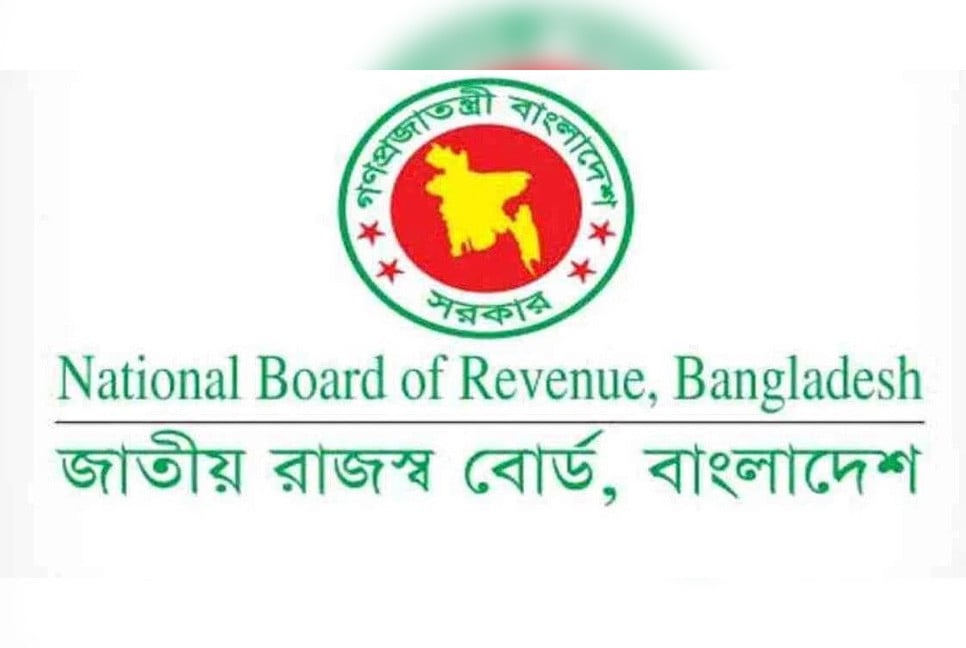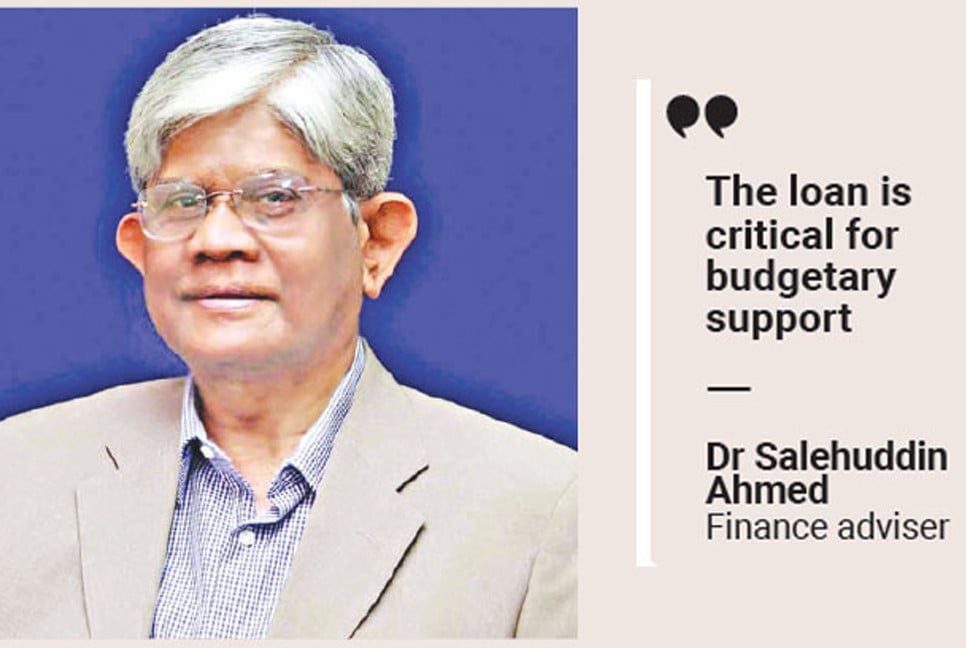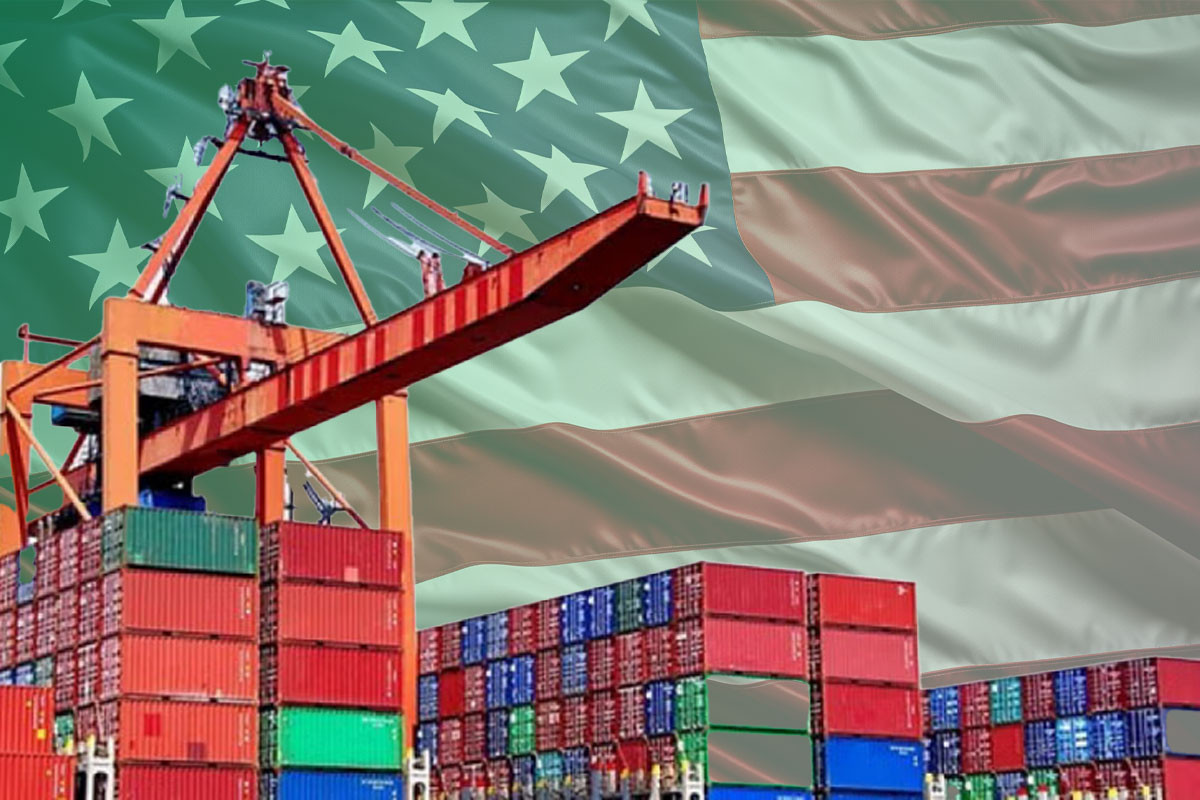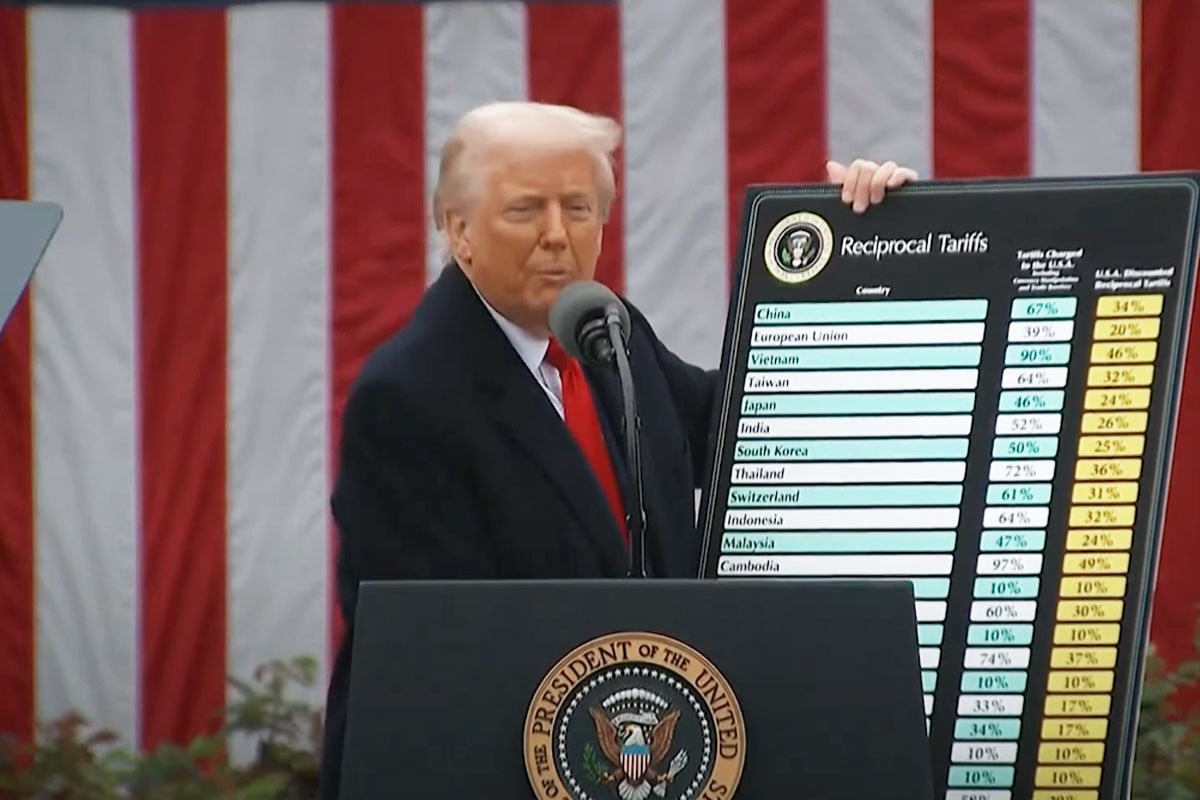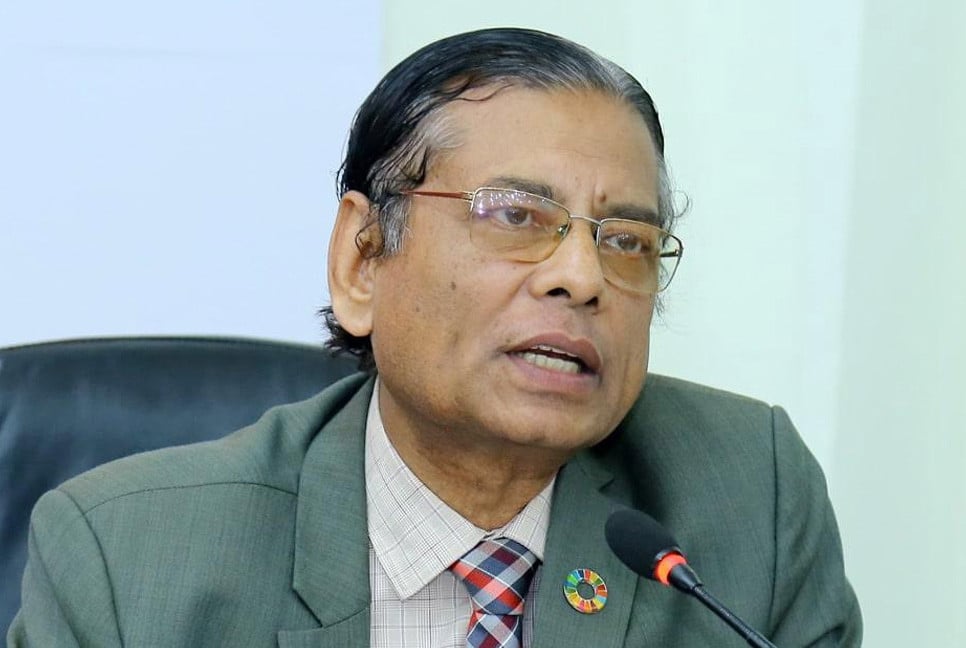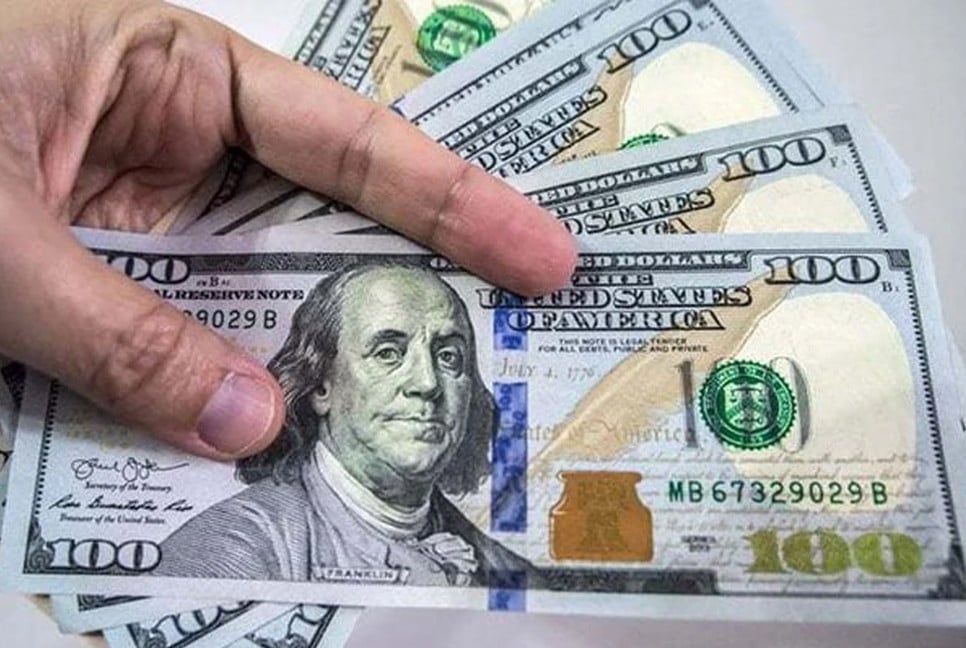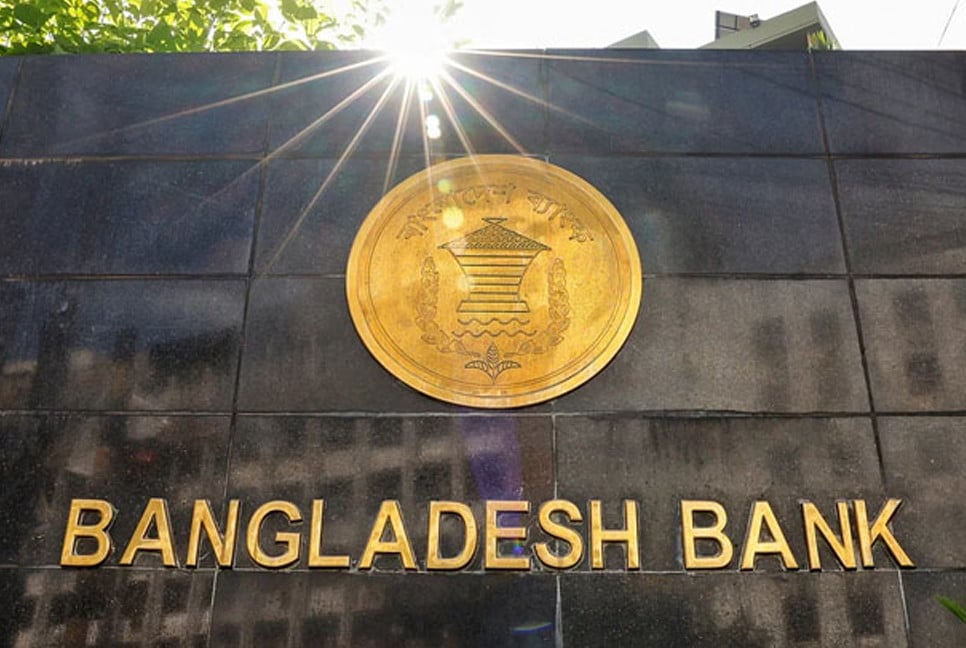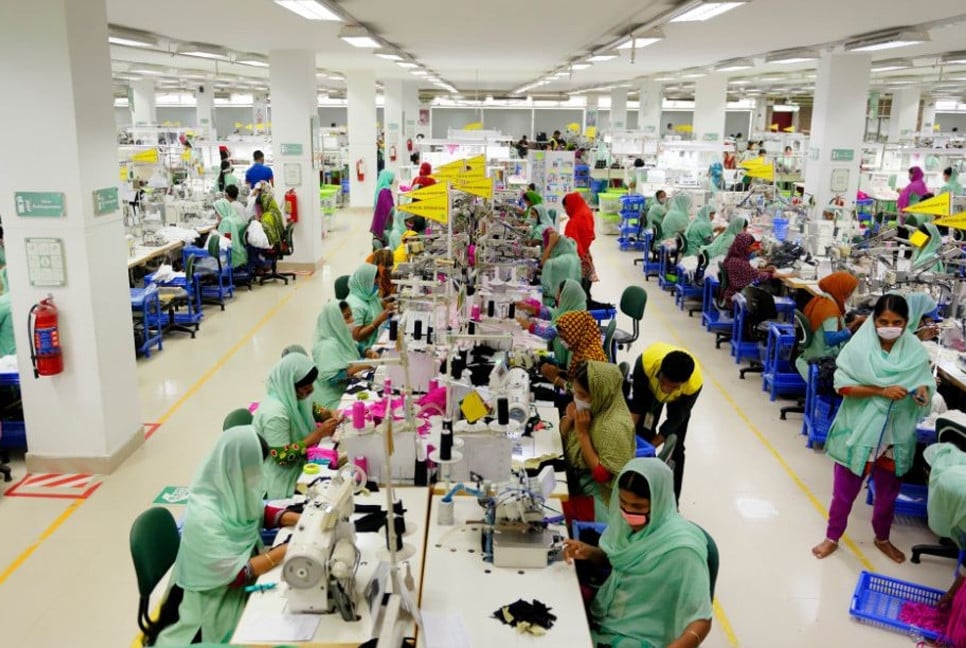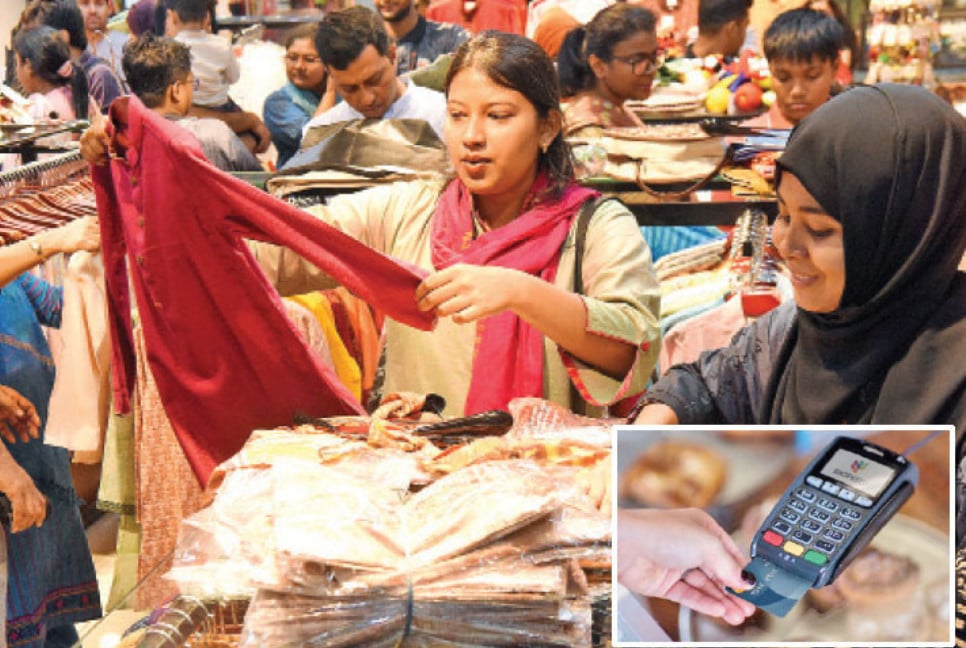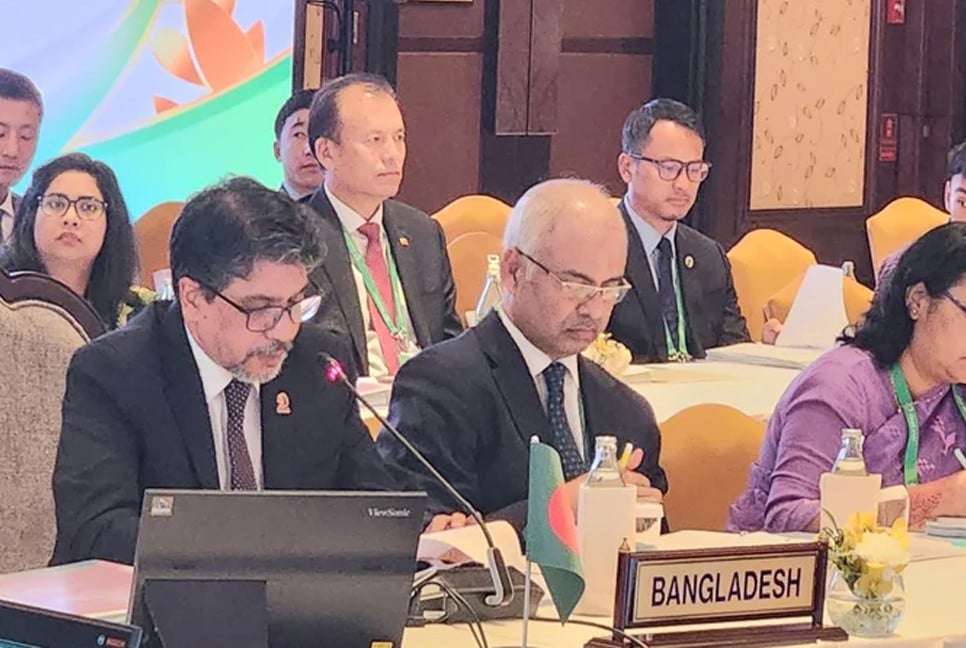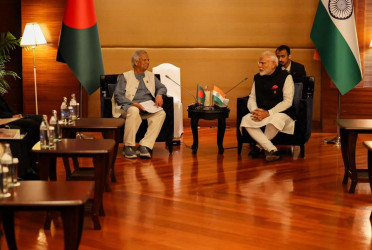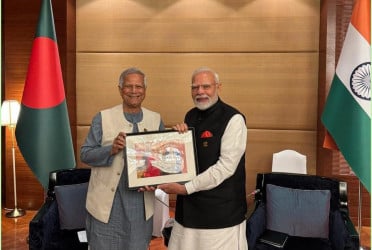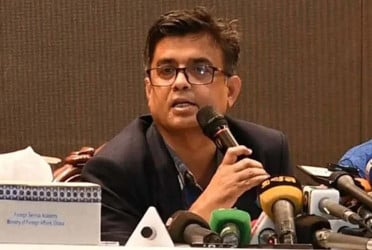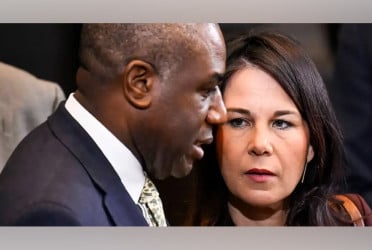The National Board of Revenue (NBR) has asked its field level offices to send their feedback on how to remove any bottlenecks in implementation of VAT-related laws and rules to boost the revenue collection, reports UNB.
The VAT collection is regulated by Value Added Tax and Supplementary Duty Act, 2012 and Value Added Tax and Supplementary Duty Rules, 2016.
A joint working committee was formed by the National Board of Revenue and Federation of Bangladesh Chambers of Commerce and Industries (FBCCI) on June 11, 2019 to increase the efficiency of the VAT administration, maintain a taxpayer-friendly online VAT system, and resolve problems arising at the field level in the implementation of the Value Added Tax and Supplementary Duty Act, 2012 and the Value Added Tax and Supplementary Duty Rules, 2016.
In view of this, the NBR and the FBCCI recently held a meeting to discuss the progress in the implementation of the VAT collection and application of the related laws and rules.
The high-level meeting chaired by the coordinator of the Joint Working Committee decided to hear the issues and opinions regarding the implementation of the VAT law from field-level officials and businesspeople, according to sources familiar with the development.
On January 6, the NBR sent a letter asking the field level offices and other stakeholders to send their opinion to the Joint Working Committee, identifying the important problems faced in the implementation of the Value Added Tax and Supplementary Duty Act, 2012 and the Value Added Tax and Supplementary Duty Rules, 2016.
The letter also said that necessary measures will be taken to resolve the problems after discussion in the next meeting of the committee.
The VAT law and the rules were formulated in a bid to increase revenue collection and establish transparency and accountability in a country that has one of the lowest tax-GDP ratios in the world.
VAT, a type of consumption tax, is the biggest source of revenue for the government, followed by income tax and customs tariff.
The new measures originally envisaged a uniform 15 percent VAT on goods and services, doing away with the multiple rates under the existing law -- a change that sparked protest from businesses, particularly from the FBCCI on grounds that it would hurt small and medium businesses and stoke inflation.
The government is now under pressure from the IMF to improve revenue collection in the coming days while it is trying to get loan from the lending agency to steady the foreign currency reserve.
In a major step the interim government last week increased the VAT and supplementary duties on over a hundred goods and services in the middle of the running FY25. Two ordinances related to the hikes were issued on Thursday prompting concern among businesses and ordinary people.
The move comes amid IMF's suggestion that the government increases its revenue by tightening the tax collection and administration.
The fourth tranche of the IMF's ongoing credit programme, amounting $645 million, is expected to be available by February 10 as it will place the fourth tranche of the $4.7 billion loan to the board on February 5.
Bangladesh authorities are committed to sustaining revenue-based fiscal consolidation to address the emerging external financing gap, tightening monetary policy to control inflation, and to fully implement exchange rate reforms to ensure greater flexibility.
The government has pledged to establish a healthy and competitive financial sector and is advancing their climate agenda to promote sustainable, inclusive, and green growth.
Meanwhile, Bangladesh is in a $4.7-billion loan programme from the IMF.
The revenue sector is not exempted from this condition. The two major conditions are additional revenue collection of 1.5 percent of GDP every year and removal of all tax exemptions by 2027. A strategy to increase revenue collection should be decided by next December.
The National Board of Revenue (NBR) is trying to introduce single rate VAT system in the country to reduce the leakage in revenue collection.
The NBR plans to gradually phase out VAT exemptions after consultation with the stakeholders.
At present the number of registered VAT payers is just over 500,000—despite a significant number of eligible businesses operating outside the system. The NBR put emphasis on the need to bring non-compliant businesses into the fold and expand the tax base urgently.
The NBR has committed to intensifying supervision and targeting non-VAT-paying businesses.
The NBR has put its efforts to create a robust and fully online VAT system. It has automated VAT registration, filing, and payment systems and is now focusing on introducing an e-invoice system to eliminate flaws and improve efficiency.
The shift from paper-based processes to digital systems aims to simplify procedures for stakeholders, encouraging broader participation.
Bd-Pratidin English/ Afsar Munna

